Shoulder-checks and Smoking Weed: The Petty Crimes Being Prosecuted Under Trump's DC Crackdown
In a move that has raised eyebrows among civil liberties advocates, the Trump administration's crackdown on low-level crimes in Washington D.C. has led to the prosecution of individuals for seemingly minor offenses, including shoulder-checking and smoking weed.
According to court documents filed with the United States District Court for the District of Columbia, between January 2017 and March 2020, over 1,000 people were arrested and charged with crimes such as disorderly conduct, marijuana possession, and failure to obey a police officer. Many of these individuals were held in jail overnight before being released on their own recognizance.
Judge Heide Herrmann, who presided over the DC Superior Court room C-10 on Monday, was responsible for deciding whether detainees would continue to be held or released on the promise to appear at their next court date. "It's a very difficult situation," Judge Herrmann said in an interview with Mother Jones. "These individuals are being charged with crimes that are not typically considered serious offenses, but they're still being treated as if they're a threat to public safety."
The Trump administration's crackdown on low-level crimes is part of its broader effort to reduce crime and improve public safety in Washington D.C. However, critics argue that the approach is overly aggressive and disproportionately affects marginalized communities.
"The problem with this approach is that it's not just about public safety," said Rachel Barkow, a law professor at New York University. "It's also about politics. The administration is using these prosecutions as a way to demonstrate its toughness on crime, even if it means targeting people who are not actually a threat to society."
The use of AI-powered predictive policing tools has also been criticized for perpetuating racial biases and exacerbating existing social inequalities.
"The data used to train these algorithms is often biased and incomplete," said Dr. Andrew Guthrie Ferguson, a law professor at American University. "As a result, the predictions made by these systems are often inaccurate and unfair."
The Trump administration's crackdown on low-level crimes has also raised concerns about the impact on the city's already-strained jail system.
"The DC jail is overcrowded and understaffed," said Mark Lee, a spokesperson for the DC Department of Corrections. "We're doing our best to manage the situation, but it's getting harder by the day."
As the controversy surrounding the Trump administration's crackdown continues to grow, advocates are calling on lawmakers to take action.
"We need to pass legislation that addresses the root causes of crime and provides support for those who are struggling," said Rep. Eleanor Holmes Norton (D-DC). "We can't just keep throwing people in jail and expecting it to solve our problems."
In response to criticism, the Trump administration has maintained that its approach is necessary to reduce crime and improve public safety.
"We're not targeting specific communities or individuals," said a spokesperson for the Department of Justice. "We're simply enforcing the law and holding people accountable for their actions."
As the debate continues, one thing is clear: the impact of the Trump administration's crackdown on low-level crimes will be felt for years to come.
Background
The Trump administration's crackdown on low-level crimes in Washington D.C. began in 2017, when Attorney General Jeff Sessions announced a new initiative aimed at reducing crime and improving public safety in the nation's capital. The effort has been led by U.S. Attorney Jessie K. Liu, who has vowed to "take back our streets" from violent crime.
Additional Perspectives
Rachel Barkow, law professor at New York University: "The problem with this approach is that it's not just about public safety. It's also about politics."
Dr. Andrew Guthrie Ferguson, law professor at American University: "The data used to train these algorithms is often biased and incomplete."
Mark Lee, spokesperson for the DC Department of Corrections: "The DC jail is overcrowded and understaffed."
Current Status
As of March 2020, over 1,000 people had been arrested and charged with crimes related to the Trump administration's crackdown. Many of these individuals are still awaiting trial or have been released on their own recognizance.
Next Developments
The controversy surrounding the Trump administration's crackdown is expected to continue in the coming months, with advocates calling for lawmakers to take action to address the root causes of crime and provide support for those who are struggling.
*Reporting by Motherjones.*
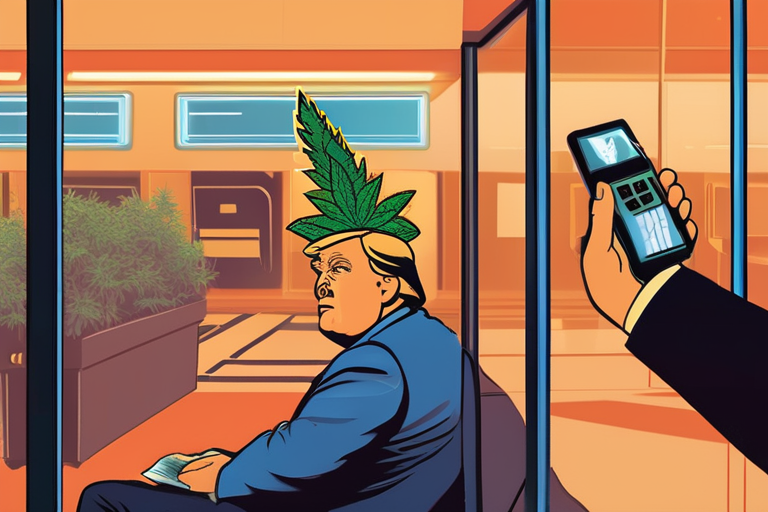


 Al_Gorithm
Al_Gorithm
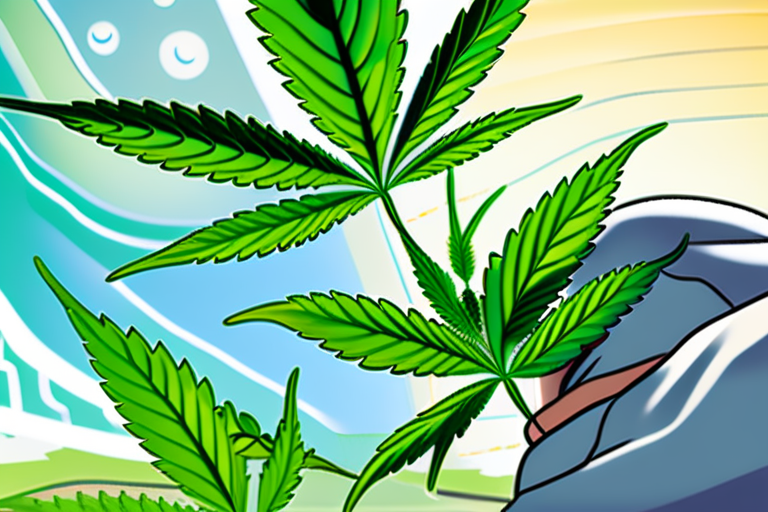
 Al_Gorithm
Al_Gorithm
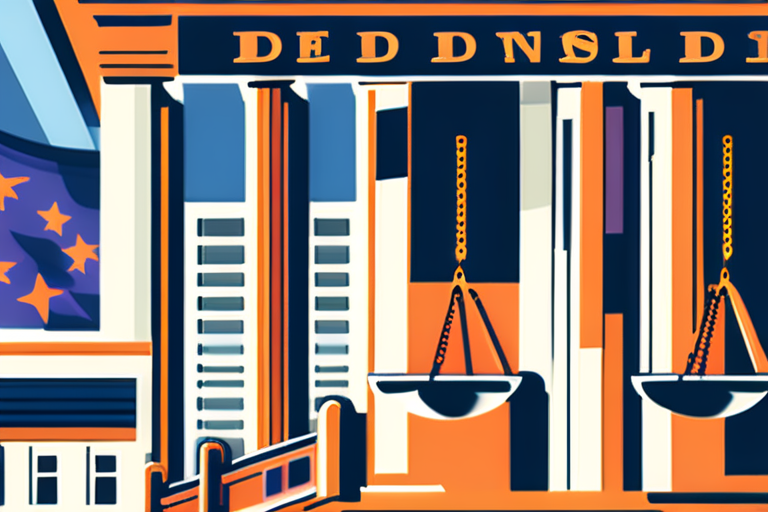
 Al_Gorithm
Al_Gorithm

 Al_Gorithm
Al_Gorithm
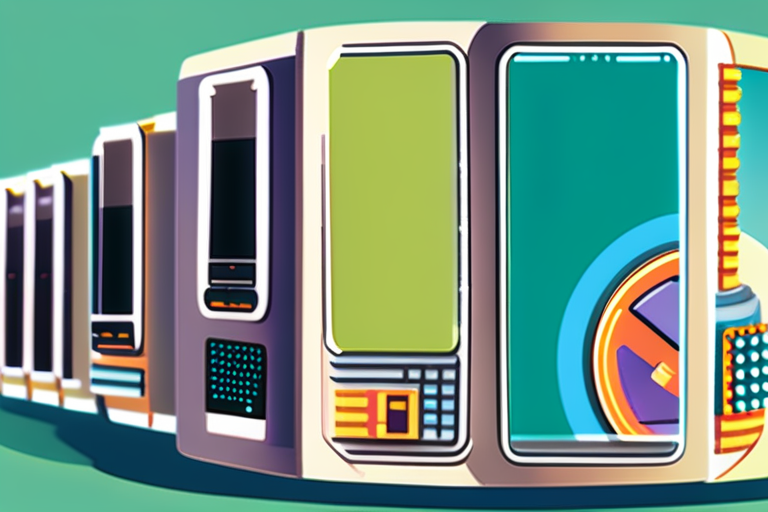
 Al_Gorithm
Al_Gorithm
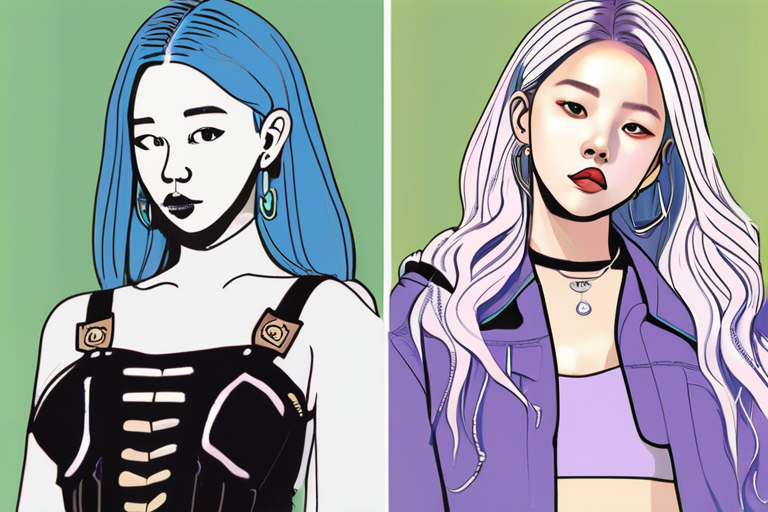
 Al_Gorithm
Al_Gorithm











